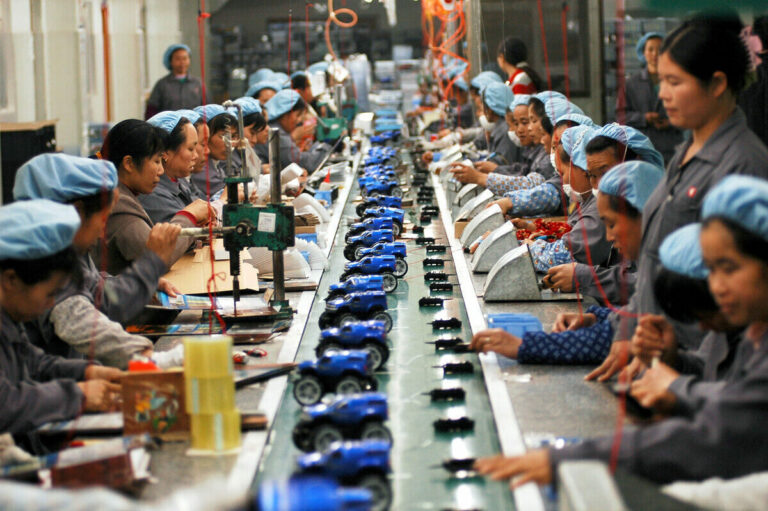Hungarian economy
Hungarian OTP Bank one of the best-performing banks in Europe

PM Orbán’s crucial announcement about how long guest workers may stay in Hungary

PM Orbán confident about winning again, says fight will continue against Brussels, recuits to his “Fight Club” – VIDEO

Orbán cabinet slams EU’s preferential treatment for Ukrainian farmers

Confidence rising: Moody’s lifts Hungarian bank’s credit rating

Hungary’s Audi plant powers ahead with new Q3, one of the nation’s top export drivers

Orbán cabinet introduces sweeping changes to foreign investment rules in Hungary

40-year-old travel agency in Hungary “murdered” by foreign, loss-making competitor?

Wizz Air boasts lowest emissions rate among major airlines

Hungary’s most popular lakes at risk due to severe water shortage – Lake Balaton also under threat

Orbán cabinet’s new credit scheme could reshape Hungarian rental market

Mayor Karácsony wants to create a 21st century, green, modern district of Rákosrendező in Budapest

Food price inflation accelerates in Hungary and reaches two-digit again – UPDATED

Thousands of workers affected: Hungarian government orders mass cost-cutting at state-owned companies

Want a website or webshop? Hungary offers up to EUR 3,800 in vouchers for SMEs

Post offices, apartments, and more: Hungary giving away state-owned properties

Experts warn: New Hungarian housing loan scheme could push property prices even higher

Hungary’s big housing push: Cheap loans with 10% down, student hostel plans





 ZH
ZH IT
IT DE
DE HR
HR NL
NL FR
FR JA
JA RO
RO RU
RU ES
ES TR
TR
